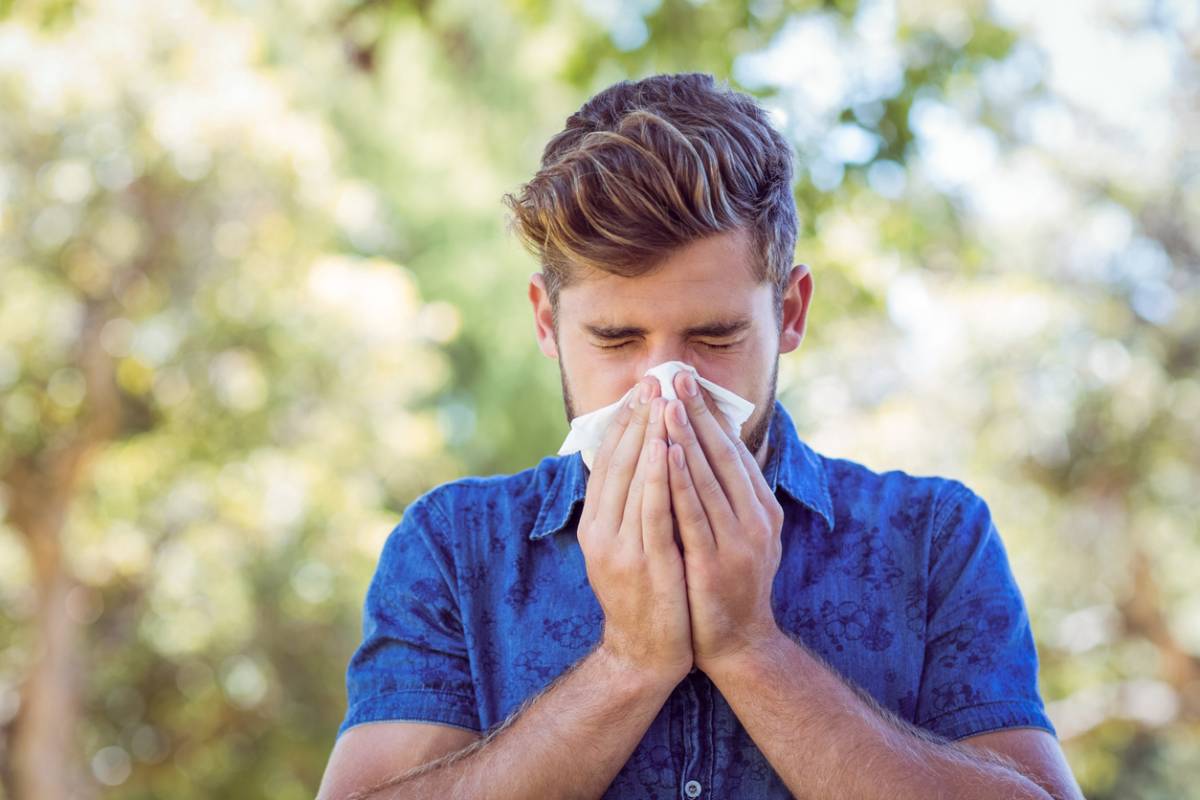While the summer is a highly anticipated and welcomed season for many, it can also be a difficult time for those dealing with seasonal allergies. Certain particles and pollens are floating around while humid winds only contribute to the dwindling air quality outside. According to your local asthma doctor in New York City, it’s important to learn how to manage allergies in summer and avoid a situation that can make your breathing problems worse.
How to Manage Allergies in Summer
Just because spring is in the past doesn’t mean those pollens will be left behind. The summer allergy season can pose just as big of a threat to those dealing with asthma or other respiratory weaknesses. Let’s take a look at some of the biggest culprits of summer allergies and talk about the best ways to manage them for a healthy and easygoing summer.
What are Summer Allergies?
Summer allergies are symptoms that can occur when you are allergic to pollen and other pollutants that float through the air during the summer months. Depending on what type of reaction you have, symptoms may last for up to two months. The most common summer allergies stem from plants such as mold, ragweed, fruits and veggies, mugwort, and insect bites.
What are the Signs and Symptoms of Seasonal Allergies?
There are several ways to know if you have seasonal allergies. While not everyone has the same symptoms, it is a good idea to be familiar with what to expect. These are some of the most common symptoms and signs of seasonal allergies:
- Red, itchy or watery eyes
- Circles under eyes
- Headache
- Sneezing
- Dry cough
- Tiredness due to difficulty sleeping or other symptoms
- Itchy throat, nose, or mouth
- Nose stuffy or runny
- Postnasal drip is drainage from the nose to the back of your throat.
- Temporary loss in smell
- Rarely, a sore or swollen throat
- Congestion can cause snoring
It can be difficult to stay inside when it is hot and everyone is enjoying the season. This depends on where you live. It is important to take a break from the outside every once in a while to keep your allergies under control. Make sure you have clean indoor air.
Know Your Triggers
If you can identify the pollens that could trigger allergy attacks, you can reduce your exposure. You can check the weather channel to determine if it is windy. You might consider staying inside if it is too humid, since pollens are likely to be more prevalent than usual.
After you return from work, or from being outdoors for a long time, take off your clothes and get a quick shower. This will allow you to get rid of pollens that can cause irritation to your skin and lungs. Get in touch with your doctor if you are experiencing these symptoms. If necessary, your doctor will assess your allergy complications and refer you to an allergist.
How to Get the Best Treatments For Seasonal Allergies
There are many options available depending on how severe your allergy symptoms are. Some symptoms can be controlled with over-the-counter medications. Your doctor may prescribe stronger antihistamines for you to help reduce swelling in your respiratory tract. Additionally, a skin-prick test can be done with your doctor if you want to find out what allergies you have. In the event of an allergy attack, you may need an EpiPen or asthma inhaler.
Get the Best Treatment for Summer Allergies Today
If you are having difficulty breathing or you feel that you are dealing with summer allergies, get in touch with Dr. Mayank Shukla today for the best allergy treatment in NYC. Whether due to symptoms of asthma or allergies caused by summer pollens, you don’t have to deal with difficult breathing challenges. Get ahold of us today and schedule a personal consultation.

